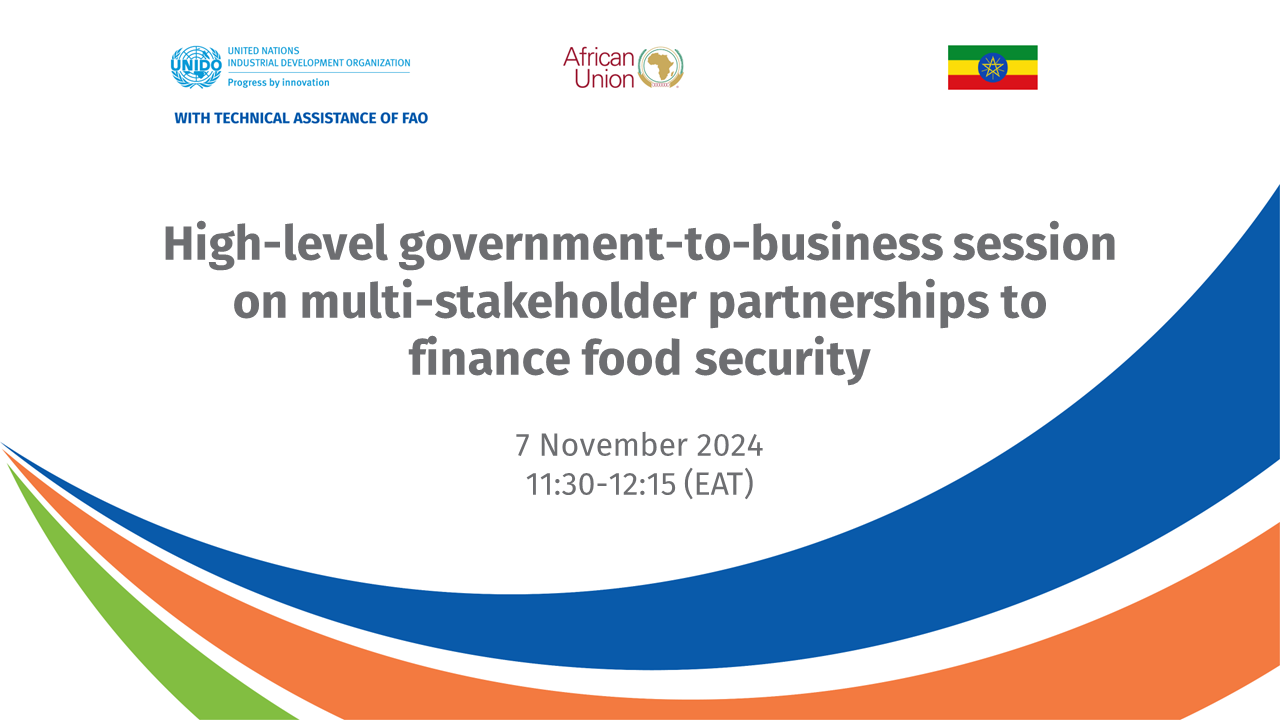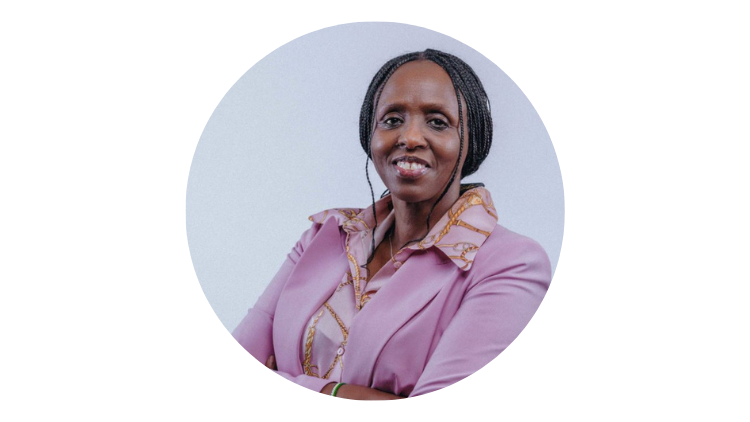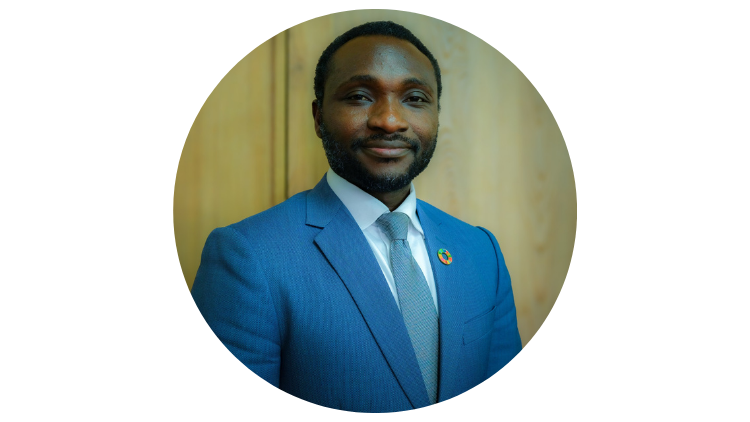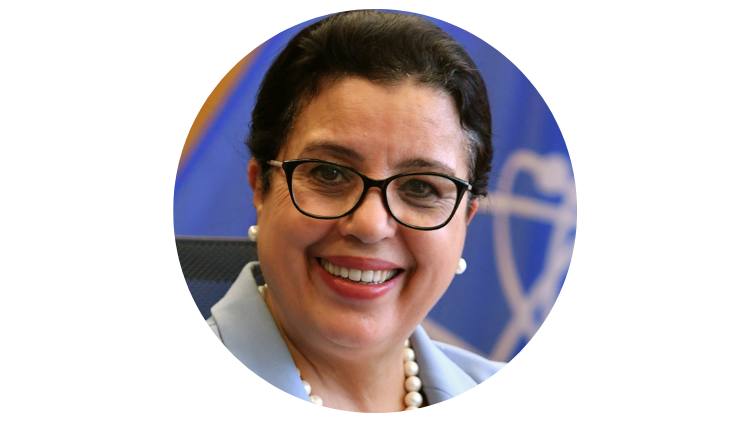


The issue:
Making sustainable agri-food a reality requires a structural transformation in the economies of low- and middle-income countries, moving from production of primary agricultural products to value addition. Not only will this make food systems more resilient but also make them more durable and sustainable. Policy frameworks must be created and implemented to drive real change.
Despite being aware of the technological and knowledge requirements, financial and political commitments have yet to lead to sustainable outcomes. In the context of the current polycrisis and economic situation, it is clear that there is a need to convene and operationalize new multi-stakeholder partnerships that can conceptualize and help implement structural transformations.
Needless to say, governments play a fundamental role in creating enabling environments for agri-food systems through policies, regulations, and investments in infrastructure. The private sector, on the other hand, can drive innovation, efficiency, and investment in sustainable practices. Development partners and academia contribute by providing research, technical expertise, and funding. Creating multi-stakeholder partnerships involves dialogue and the delineation of clear and achievable goals and objectives, with buy-in from all stakeholders and fostering a win-win situation for all concerned. The financing gap to transform food systems remains significant, highlighting the mismatch between current financial instruments and the needs of agri-businesses.
While existing technologies have the potential to address food security challenges, their adoption and adaptation to local contexts is crucial. Effective dissemination of best practices and innovations, based on pilot initiatives, can reduce risks and help make the leap from knowledge to purposive action. However, policy implementation built on international agreements often falls short, and requires a stronger focus on joint execution and coordination among various stakeholders.
Another challenge is that the available financial resources are not sufficient to power the desired transformation of food systems. Current financing modalities are unsuitable due to their time and resource-consumption, lack of scalability or their efficiency. Simultaneously, industry must come forward to create innovative financing modalities, such as blended finance, impact investing, and green bonds, to mobilize additional resources and align financial flows with the Sustainable Development Goals (SDGs). If properly implemented, these instruments can attract private investment by mitigating risks and enhancing returns, which would go some way towards financing the structural transformation of food systems. These financial instruments should be accessible for smallholders and scalable to reach the intended impact.
Finally, initiatives like the G7’s Apulia Food Systems Initiative or the G20’s Global Alliance against Hunger and Poverty are steps in the right direction, offering financial or technical support for implementing proven policies that combat hunger and poverty. However, these commitments require robust follow-up and strong coordination through multi-stakeholder platforms to ensure efficient utilization of resources. Achieving sustainable food security and ending hunger by 2030, as outlined in SDG 2, requires a holistic approach through multi-stakeholder partnerships with active and continued participation of governments, the private sector, development partners, and academia.
Objectives:
Multi-stakeholder partnerships will play a key role in financing agri-food system transformation and achieving progress towards sustainable food security. Part of the problem is that financial instruments and initiatives do not always produce the expected outcomes in support of agri-businesses. This action-oriented session aims to showcase some new partnerships and solutions that would help raise the funding required to end hunger. Accordingly, the session will:
Discuss the importance of a multi-stakeholder approach with the representation of all concerned actors;
Identify new opportunities for future multi-stakeholder and action-oriented partnerships. The discussion will aim to identify shared principles which can provide common objectives creating a win-win situation for all;
Highlight innovative financing solutions which could assist in overcoming current financing gaps and improve agri-business development opportunities, contributing to sustainable agri-food systems and enhanced food trade.
Session format and structure:
This moderated panel discussion will allow decision-makers from governments, international financial institutions, philanthropic organizations and industry to engage in an effort to create coordinated action by all stakeholders for successful fund mobilization to enhance food security. It aims to provide recommendations for action by decision-makers to ensure the efficiency of these partnerships.
Moderator

Ms. Agnes Kalibata, President, Alliance for a Green Revolution in Africa
Panelists

His Excellency Mr. Henry Musa Kpaka, Minister of Agriculture and Food Security, Sierra Leone
Dr. Henry Musa Kpaka is the Minister of Agriculture and Food Security for Sierra Leone, spearheading the President’s flagship FEED SALONE initiative aimed at transforming the country’s food systems to achieve food security and drive equitable economic growth. Before his appointment, Dr. Kpaka served as Chief Technical Adviser to the Chief Minister in the Office of the President, driving economic development and agricultural reforms. His career spans roles in the sector in global organizations, including the Bill & Melinda Gates Foundation, the International Institute of Tropical Agriculture (IITA), and the World Bank. As chair of the Alliance of Champions for Food Systems Transformation (ACF), he advocates for creating food systems that are healthy, sustainable, and resilient. Dr. Kpaka holds a Ph.D. in Political Economy from the London School of Economics and an MPP from Harvard University. He is also a graduate of Whitman College and United World College.

Ms. Najat Mokhtar, Deputy Director General and Head of the Department of Nuclear Science, International Atomic Energy Agency
Najat Mokhtar was appointed Deputy Director General and head of the Department of Nuclear Sciences and Applications of the International Atomic Energy Agency on 1 January 2019. Prior to her appointment, she was Director of the Division for Asia and the Pacific in the Department of Technical Cooperation.
From 2012 to 2014, Ms Mokhtar was the Section Head of the Nutrition and Health related Environmental Studies, Human Health Division. From 2010 to 2012, she was the Director of Science and Technology at the Hassan II Academy of Science and Technology in Morocco, where she coordinated the national strategy on Education and Research. She worked as University Professor and Research Director at the University Ibn Tofail in Morocco for more than 20 years. Ms Mokhtar was a Technical Officer at the Agency from 2001 to 2007.
Ms Mokhtar holds a PhD in Nutrition and Endocrinology from Laval University in Canada and has a doctorate in food sciences from the University of Dijon in France. She has done her postdoctoral training as a Fulbright fellow at Johns Hopkins University in the United States of America.

Mr. Obai Khalifa, Deputy Director, Agricultural Development, Bill & Melinda Gates Foundation
Obai Khalifa oversees the foundation’s agricultural development work in Africa. His role focuses primarily on advancing the country-led inclusive agricultural transformation in sub-Saharan Africa. Obai joined the foundation in 2018, after more than 20 years in the private sector where he held several management positions at leading animal health companies. Before that he was a practicing veterinarian in Sudan. Originally from Sudan, Obai earned a degree in veterinary medicine from the University of Khartoum. He obtained an M.Sc. in veterinary epidemiology and animal health economics from Utrecht University in the Netherlands and an executive MBA from HEC Paris Business School in France.

Ms. Susan Payne, Chief Executive Officer, Sustainable Planet
Susan has spent 30 years building businesses in global emerging markets. After training as a lawyer, Susan’s career included senior roles with JP Morgan and Goldman Sachs. In 2016, Susan co-founded Holistic Agricultural Investments Group Ltd developing large agricultural projects across Africa. In 2020, Susan co-founded multi award-winning Sustainable Planet, an agri tech start up focused on food security and climate change.
Susan has a BA Hons, MA, LLB (Law) and MBA diploma and studied at Oxford; McGill; St Andrews and LSE.

Ms. Henriette Noutchogouin, Co-CEO, Groupe NJS Cameroun
Henriette is the CO-CEO of NJS group. Her expertise and leadership are recognized in the industry. She is appreciated for her strategic vision and commitment to the Cameroonian economy.
The NJS group founded by her late Father is the leader in the poultry sector in Cameroon and in the Sub-region. It delivers daily several millions of eggs to Cameroonians and allows a substantial part of the 55 million or more Africans of CEMAC zone to feed themselves, to feed and care for their livestock, poultry and pets.
NJS Group Comprises of 5 entities :
1- SPC : markets table eggs and complete feed for livestock and poultry. Since 1981
2- AGROCAM : produces hatching eggs, egg cells and day-old chicks.since 1984
3- BELGOCAM : specializes in the distribution of livestock feed inputs (soybean meal, fish meal, phosphates, concentrate, premix, etc.). Since 2003
4- PDC : produces feed in pellets and crumbs for cattle and poultry
The latest flagship of the NJS group,
5- HYDROCHEM (formerly Yara) has been operating for nearly 29 years. It specializes in the production of mineral fertilizers and offers plant nutrition solutions adapted to all crops in Cameroon